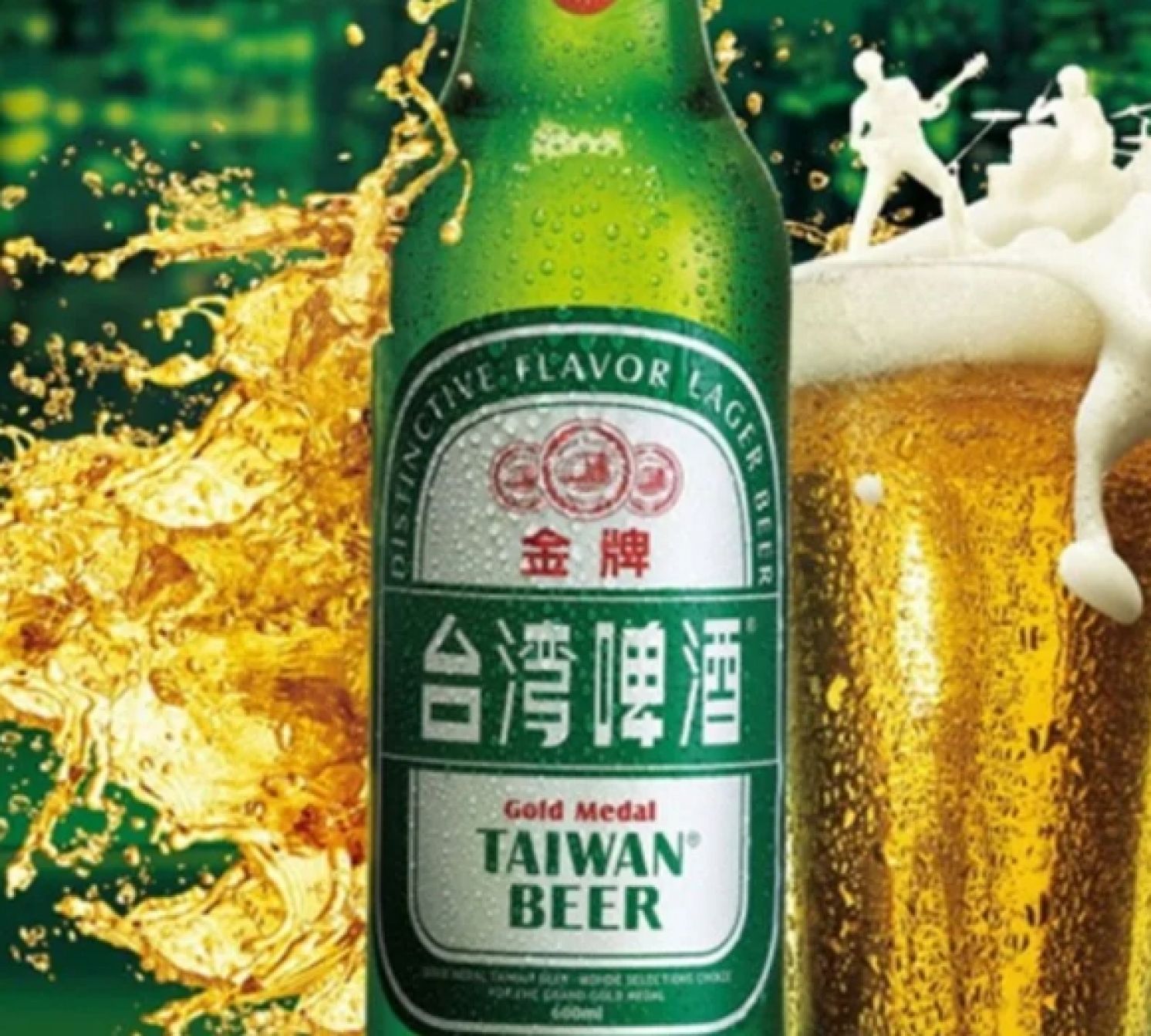
Government's Shifting Blame Make Agricultural and Fishery Businesses Suffer
China Times Editorial, December 10, 2022
Mainland China’s General Administration of Customs announced the ban on imports of Taiwan’s fishery products on December 8, including Pacific sauries and four-finger threadfins, at a total value of NT$6 billion (about US$196 million). This is China’s largest ban on Taiwan’s agricultural and fishery products so far and has caused panic of Taiwan’s fishermen. President Tsai Ing-wen stated that this is China’s “raid,” while Premier Su Tseng-chang scornfully said that here it comes again. Premier Su emphasized that the government will again appeal to the World Trade Organization (WTO). President Tsai, Premier Su, and Minister Chen Chi-chung of the Council of Agriculture (COA), Executive Yuan, all promised that the welfare of the fishermen will not be damaged.
However, just after officials of the Tsai administration made the above remarks, Mainland China further announced the ban on imports of Taiwan beer, Kinmen Kaoliang liquor, HeySong Sarsparilla (root beer), and Kavalan whisky. Business people disclosed that there will be more bans.
According to the Tsai administration, China treats Taiwan’s imports especially rigid. Premier Su had said that there is no problem for Taiwan to export agricultural and fishery products to the United States and Japan. Premier Su’s statement is not correct. For example, when China banned Taiwan’s pineapples, the COA helped the businesses export pineapples to Japan; but insects were found during inspection, so Japan decreased orders. Many Japanese wholesalers have stopped ordering pineapples from Taiwan since May this year. Joel Fukuzawa, an observer of Japan’s politics and economy, said that if there is problem in the quality of products, Japanese consumers will not accept them. In September this year, because weeds were found during medium inspections, as high as 23 containers of Taiwan’s orchids were rejected by the United States. Therefore, Taiwan’s exports of agricultural and fishery products to the United States and Japan have frequently met problems.
The ban on Taiwan’s fishery products this time is neither a “raid” according to President Tsai or what Minister Chen stated that China required registration of food trade but failed to actively notify Taiwan and asked more strictly from Taiwan. According to a press release from Japan External Trade Organization (JETRO) in May 2021, China has announced the new registration requirement and solicited opinions on November 26, 2019. China further notified the WTO members through WTO office about this new requirement. In April 2021, China required the application for registration for all food exporters to China. More than 100 of Taiwan’s businesses had submitted applications, so Taiwan’s businesses had knowledge of this requirement. Before the deadline for submissions, only one Taiwan’s exporter was approved at the first time, and hundreds of exporters were suspended or cancelled. A total of 2,199 Taiwanese products are suspended, equivalent to 68 percent, making businesses suffer great loss.
Facing China’s new registration requirement, the Japanese government responded seriously. Ministry of Agriculture, Forestry, and Fishery (MAFF) has published measures to comply with the requirements. MAFF explained the details of China’s requirements, taught businesses how to meet the requirements, and counseled them how to apply for registration.
The Food and Drug Administration (FDA), Ministry of Health and Welfare, Taiwan’s counterpart organization, established a special zone on applications in October 2021 and held meetings of the registration. But has the FDA counseled and helped the exporters? FDA recently said that it is understanding the information by reading China’s website, so the Tsai administration is lagging in response, let alone helping the businesses; the officials probably are not clear about the matter. The suspension of Taiwan’s food imports this time was brought up by Taiwan’s fishery and food processing industries, the COA and FDA had no knowledge at all.
In response to the losses, Taiwan officials can only file complaints with WTO, diversify export markets, and increase domestic consumption. As Taiwan bans all agricultural and fishery products from mainland China, it is not expected that complaints by the COA will have any result. For diversifying markets, Mitagri Company, which was founded in 2016 to serve as the platform for expanding overseas agricultural products market has few achievements and lost NT$150 million (about US$4.9 million). How can the Tsai administration convince the businesses that it can promote Taiwan’s agricultural and fishery products to international markets other than the mainland?
To increase domestic consumption is but a joke. After Minister Chen failed in his promise of serving groupers for school lunch to every class, will he promote “every school class has Pacific sauries with Taiwan beer”? Taiwan’s products rely heavily on the mainland Chinese market. It is with reason that China time and again restricts or bans Taiwan’s imports. Does the Tsai administration understand the reason other than “resisting China” or expressing serious concerns? Rather than talking nonsense and making excuses, the Tsai administration should find ways to talk to the other side of the strait. Otherwise, who knows how many more Taiwanese businesses would suffer greatly.
From: https://www.chinatimes.com/amp/opinion/20221210003154-262101